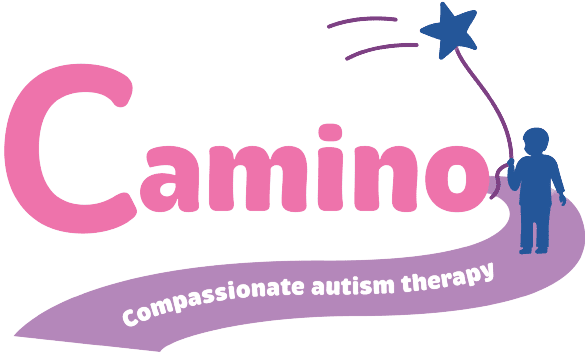Early Intensive Behavioral Intervention (EIBI) is a transformative approach designed to support young children with autism spectrum disorder (ASD). This method, grounded in Applied Behavioral Analysis (ABA), focuses on providing individualized therapy to children under the age of five, helping them develop critical skills in their formative years.
By incorporating a mix of structured and unstructured teaching techniques, EIBI aims to enhance cognitive, social, and adaptive behaviors, laying a strong foundation for the child’s future. At Camino, we are committed to offering personalized EIBI programs that cater to each child’s unique needs, ensuring they receive the best possible start in life.
What is EIBI?
Early Intensive Behavioral Intervention, commonly referred to as EIBI, is a specialized form of ABA designed for young children, typically under the age of five. EIBI focuses on early intervention, making it one of the most effective approaches for children with autism spectrum disorders (ASD). This method combines structured and unstructured teaching techniques, providing personalized and flexible learning experiences tailored to each child’s unique needs.
EIBI programs usually recommend 20-40 hours of therapy per week, with evidence suggesting that the most significant improvements are seen in children who start therapy before the age of two. The therapy involves both structured learning activities and play-based learning, ensuring that skills are taught in the most effective context for the child.
The core of ABA therapy is understanding behavior through a three-step process: antecedent, behavior, and consequence. This approach allows therapists to analyze and reinforce positive behaviors, helping children learn essential skills for daily life.
What Are the Benefits of Intensive Behavioral Intervention?
The benefits of EIBI are extensive and impactful. Research shows that children who undergo EIBI see significant improvements in various areas, including IQ, adaptive behavior, socialization, and communication. By laying a strong foundation during early childhood, EIBI supports not just the child but also their parents and their families as a whole.
EIBI enhances cognitive and adaptive functioning, meaning children become better equipped to learn and navigate their environments. This type of intervention has also been linked to a potential reduction in the severity of autism symptoms. Early intervention programs in general, including EIBI, have demonstrated benefits in academic achievement, behavioral improvements, and long-term educational and occupational outcomes.
Starting EIBI early helps integrate these strategies into the child’s routine, making learning more seamless and enjoyable. Purposeful play, a key component of EIBI, encourages children to learn while having fun, keeping them motivated and engaged. Furthermore, EIBI empowers families by providing them with the tools and knowledge needed to support their child’s development effectively.
Why Intensive Behavioral Therapy for Autism Is Important
Intensive behavioral therapy for autism, such as EIBI, is crucial because it addresses the unique developmental challenges faced by children with ASD. One of the main obstacles for these children is a slower rate of learning, which can create a widening gap between them and their typically developing peers. EIBI aims to accelerate learning rates at an early age, helping to close this gap and support children in developing essential life skills.
EIBI focuses on teaching appropriate behaviors early on, which children can carry with them throughout their lives. This early intervention helps improve social behaviors, boosts self-esteem, and can reduce the likelihood of developing additional mental health issues later in life. By targeting these behaviors early, EIBI sets the stage for long-term success and independence.
At Camino, we recognize the importance of intensive behavioral therapy for autism. Our tailored EIBI programs are designed to meet the specific needs of each child, ensuring they receive the most effective and supportive care possible. Through structured, individualized instruction, children learn critical skills in a nurturing and responsive environment.
Evidence to Support EIBI Autism Programs
Numerous studies have demonstrated the effectiveness of Early Intensive Behavioral Intervention (EIBI) for children with autism. Research consistently shows that early intervention leads to better outcomes, with children starting EIBI at a younger age often achieving more significant improvements.
Outcome studies indicate that EIBI can lead to substantial gains in IQ, language development, adaptive behaviors, and social skills. One notable study by the Association for Science in Autism Treatment found that children who received EIBI had IQs an average of 11 points higher than those who did not receive this intervention. This finding highlights the potential of EIBI to positively impact cognitive development.
However, it’s essential to recognize that the benefits of EIBI can vary among children. While some may see significant improvements in one area, others might experience more progress in different domains, such as socialization or communication. The individualized nature of EIBI ensures that each child’s unique needs are addressed, leading to the best possible outcomes.
Early intensive behavioral intervention is a powerful tool for supporting children with autism. The structured, individualized approach of EIBI helps children develop essential skills, improves their rate of learning, and sets the foundation for long-term success. At Camino, we are dedicated to providing the highest quality EIBI programs, tailored to each child’s needs.
Contact us today to learn more about how our EIBI services can benefit your child and help them reach their full potential.

